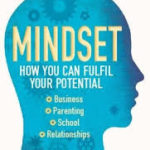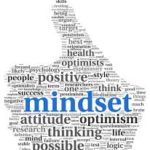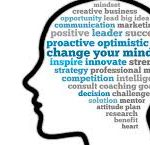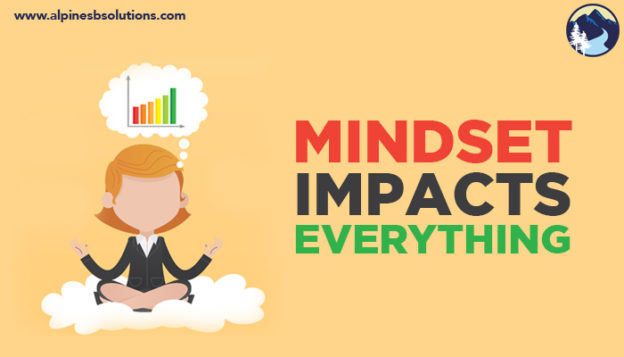Mindset impacts everything. Our thoughts, energy and most of all, the actions we take.
More than 30 years ago, Carol Dweck and her colleagues became interested in people’s attitudes about failure. After studying the behavior of thousands of students, Dr. Dweck coined the terms “fixed mindset” and “growth mindset” to describe the underlying beliefs people have about learning and intelligence. What is a growth mindset vs a fixed mindset? Glad you asked!
- Growth Mindset: Intelligence can be developed
- Fixed Mindset: Intelligence is static; “fixed trait.”
 Growth Mindset
Growth Mindset
- Embrace challenges
- Persist in the face of setbacks
- See effort as the path to mastery
- Learn from criticism
- Find lessons and inspiration in the success of others
Individuals who believe their talents can be developed (through hard work, good strategies, and input from others.) As a result, they achieve more success because they worry less about looking smart and they put more energy into learning.
 Fixed Mindset
Fixed Mindset
- Avoid challenges
- Give up easily
- See effort as fruitless
- Ignore useful negative feedback
- Feel threatened by the success of others
Those with a fixed mindset spend their time documenting their intelligence or talent instead of developing them. Excessive concern with looking smart keeps you from making bold, visionary moves. If you’re afraid of making mistakes, you’ll never learn on the job and your whole approach becomes defensive.
-H3-
 Whether you’re aware of it or not, you keep a running account of what’s happening, what it means, and what you should so. Our minds are constantly monitoring and interpreting. That’s just how we stay on track. Mindset frames the running account of what is taking place. It guides the whole interpretation process.
Whether you’re aware of it or not, you keep a running account of what’s happening, what it means, and what you should so. Our minds are constantly monitoring and interpreting. That’s just how we stay on track. Mindset frames the running account of what is taking place. It guides the whole interpretation process.
The fixed mindset creates an internal dialogue that is focused on judging. And people react with feelings of anxiety, depression, or anger. Or superiority. “This means I’m a loser.” “This means I’m a better person than they are.” “This means I’m a bad wife.” “This means my partner is selfish.”
An internal monologue of a growth mindset person is not about judging themselves or others. They listen for learning and constructive action: “What can I learn from this?” “How can I improve?” “How can I help my partner do this better?”
Change Your Mindset
 Changing from a fixed mindset to a growth mindset is not like surgery; you can’t remove a fixed mindset and replace it with a growth mindset. You must work on nurturing a positive, growth mindset. These are tips from Dr. Dweck, herself:
Changing from a fixed mindset to a growth mindset is not like surgery; you can’t remove a fixed mindset and replace it with a growth mindset. You must work on nurturing a positive, growth mindset. These are tips from Dr. Dweck, herself:
- Learn to hear your fixed mindset, “voice.”
As you face criticism, you might feel yourself getting angry at the person giving you feedback. The other person might be giving constructive feedback, but you hear “I’m really disappointed in you. I thought you were capable but now I see you’re not.”
- Recognize that you have a choice.
How you interpret challenges, setbacks, and criticism is your choice. You can choose to interpret them as signs to ramp up your strategies, stretch yourself and expand your abilities.
- Take the growth mindset action.
As you approach a challenge, choose to say: “I think I can learn to with time and effort.” “If I don’t try, I automatically fail.” “If I don’t take responsibility, I can’t fix it. Let me listen and learn what I can.”
Practice hearing both voices, and practice acting on a growth mindset. Nurturing a positive, growth mindset creates profound changes in your personal life and determines your ceiling of success. Your Mind is a garden, your thoughts are the seeds. You can grow flowers, or you can grow weeds.
Need help nurturing that mindset contact me today!

